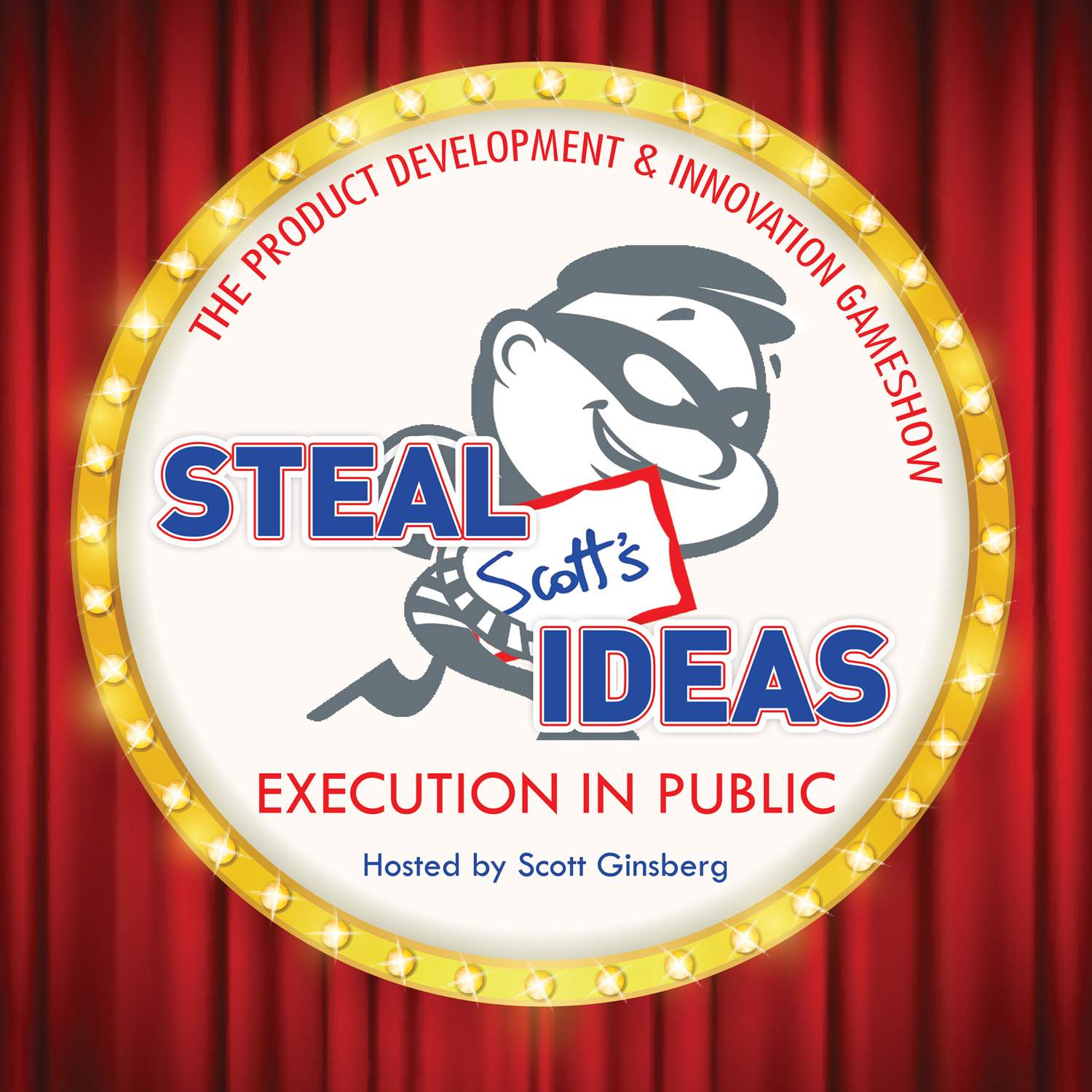

Our apparent belief in the power of honest dialogue is deeply delusional.
Our leaders have built this enduring faith that once we spark a substantive, mature and meaningful discourse across the nation, one that creates an open forum where people can engage in introspection and thoughtful discussion, then we can expect all of our grievances to be righted instantly.
Excuse me, but when was the last time that strategy worked? When was the last time starting a national conversation not only raised awareness of systemic problems within our society, but also paved the way for real concrete change?
Because nowadays, these debates quickly spiral out of control and ultimately lead to nothing of substance beyond internet trolling, media sensationalism and mob tribalism.
I’m right, you’re wrong? More like, I’m right, you’re evil.
Morris, the award winning journalist and critic, wrote a provocative editorial about how our calls for national conversation are futile:
Anytime things get fractious and tragic, we inevitably hear calls for a national conversation. But the term has become the sad equivalent of the jolly drinking axiom, it’s always national conversation time somewhere. Whenever the mood around an issue ought to change, somebody will say that we need to talk about it. That we should be sitting around and figuring things out. Having real, substantive, difficult exchanges about our personal biases, about our bad policies that reach far and go deep. But we have been nationally conversing for so long, that it’s hard to know what we’re even saying.
What we need, he urges, is empathy. Which is not a realization we come to by having a conversation with the nation, but a conclusion we reach first in conversation with ourselves. National conversations won’t cut it, only personal commitments will. That’s the real work.
Just like slapping a label on someone is not the same as helping them, repeatedly talking about a problem is not the same as progress and change.
If things are not the way we want them to be, it’s not because we haven’t marched enough.
And it’s not because we failed to add yet another national conversation to our mounting agenda.
It’s because we have become too locked into the positions we already have.
It’s because we now refuse to admit when we are wrong.
It’s because we lack the humility to outgrow some of our beliefs.
Terminal certainty is a public health crisis, and it finally needs to be treated.
LET ME ASK YA THIS…
What does it feel like when you change your mind?
* * * *
Scott Ginsberg
That Guy with the Nametag
Author. Speaker. Strategist. Inventor. Filmmaker. Publisher. Songwriter.
scott@hellomynameisscott.com
 It’s the world’s first, best and only product development and innovation gameshow!
It’s the world’s first, best and only product development and innovation gameshow!
Tune in and subscribe for a little execution in public.
Join our community of innovators, artists and entrepreneurs
